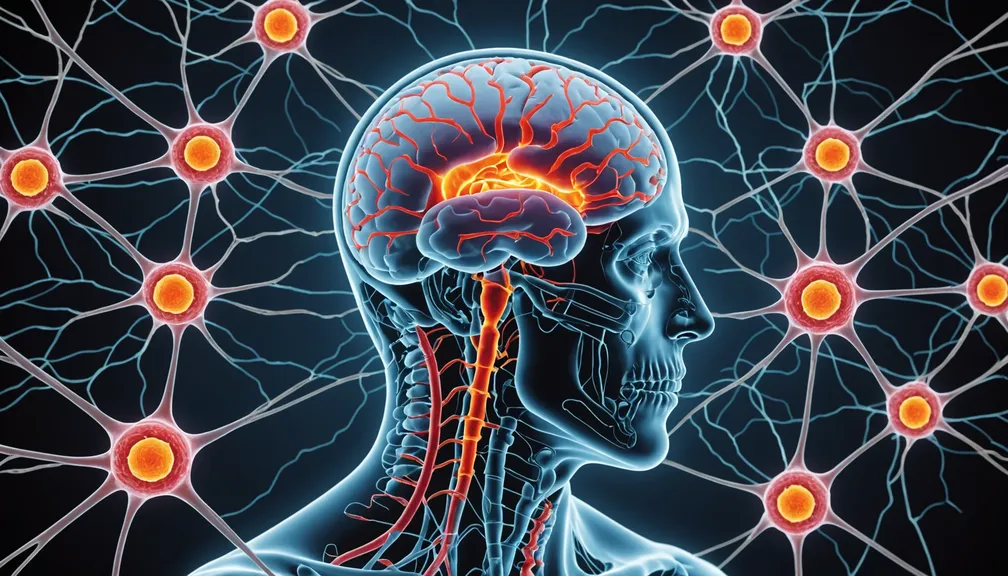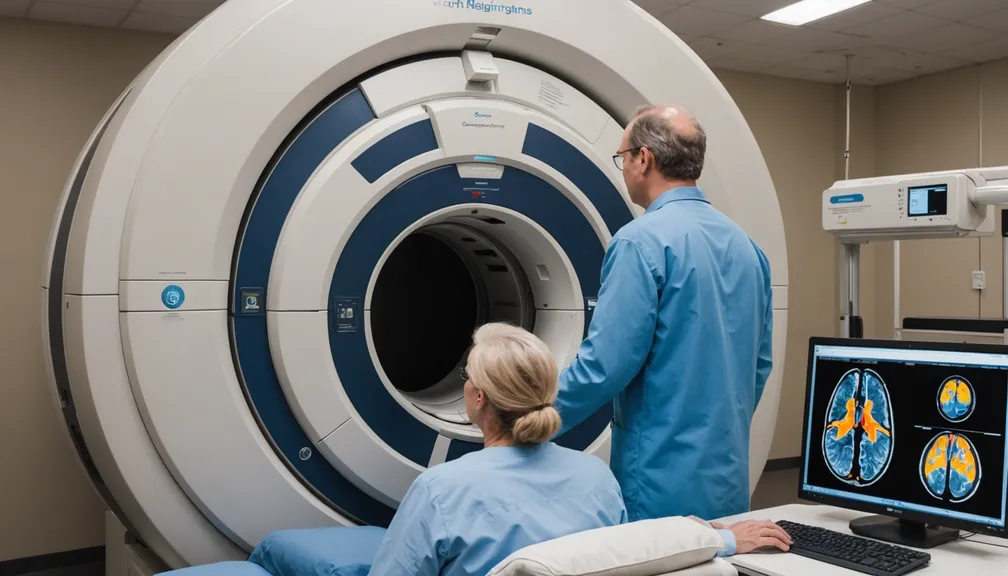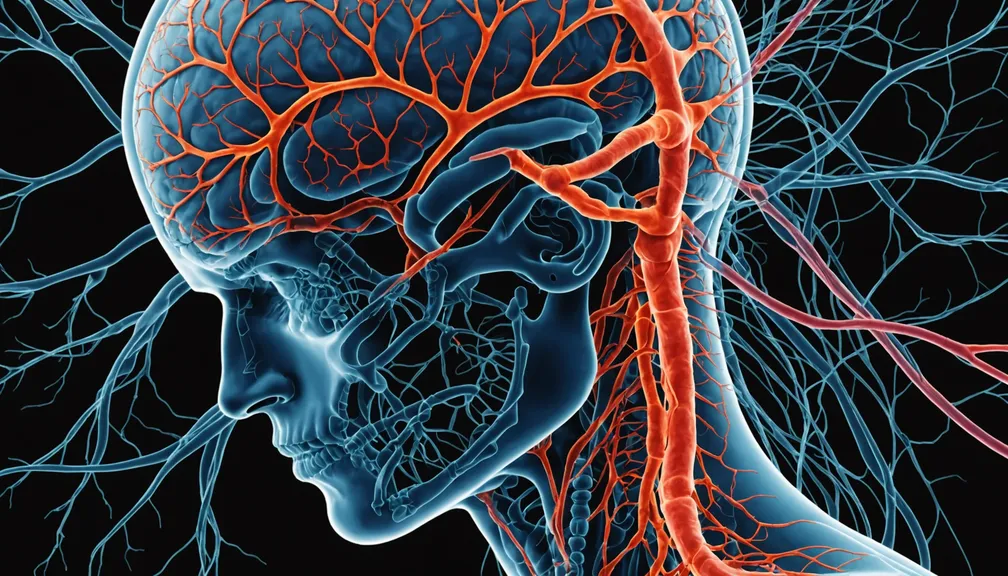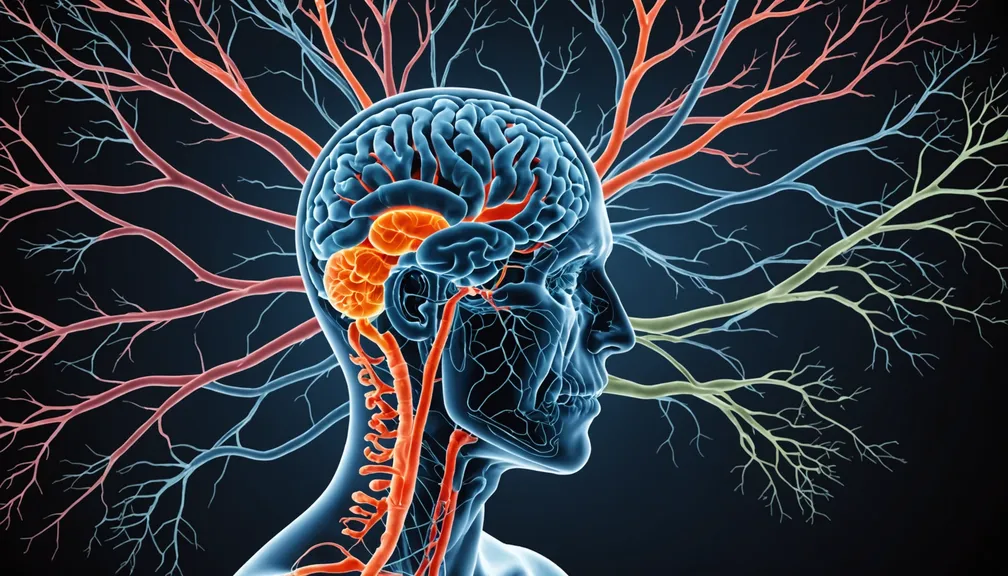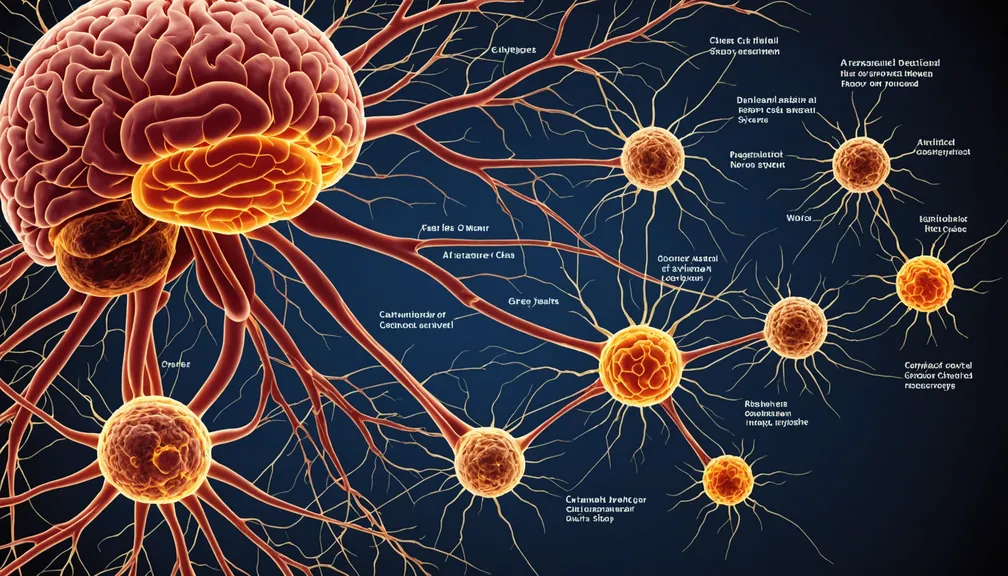Understanding Rare Cancers of the Nervous System
Rare cancers of the nervous system include uncommon tumors that develop in the brain, spinal cord, or peripheral nerves. Examples of these cancers are gliomatosis cerebri and olfactory neuroblastoma. Due to their location, these cancers can significantly impact neurological functions, affecting various aspects of daily life. Recognizing the symptoms early can lead to timely medical intervention, improving management and outcomes.
Common Symptoms to Watch For
Neurological Changes
- Unexplained Headaches: Persistent or severe headaches that differ from usual patterns.
- Seizures: New onset of seizures or changes in seizure patterns.
- Weakness or Numbness: Sudden weakness or numbness in limbs, often on one side of the body.
- Difficulty with Balance or Coordination: Trouble walking, maintaining balance, or coordinating movements.
Vision and Hearing Problems
- Vision Changes: Blurred vision, double vision, loss of peripheral vision, or other unexplained changes in eyesight.
- Hearing Loss or Tinnitus: Sudden hearing loss or persistent ringing in the ears without an obvious cause.
Cognitive and Emotional Changes
- Memory Issues: Difficulty remembering recent events or important information.
- Concentration Problems: Struggling to focus or complete tasks that were previously manageable.
- Mood Swings: Unexplained changes in mood, such as increased irritability, depression, or anxiety.
- Personality Shifts: Noticeable changes in behavior or personality that are out of character.
Other Physical Symptoms
- Nausea and Vomiting: Persistent nausea or unexplained vomiting that is not related to other illnesses.
- Fatigue: Excessive tiredness that does not improve with rest.
- Speech Difficulties: Trouble speaking clearly or finding the right words during conversations.
Early Detection Strategies
Regular Medical Check-ups
- Routine Examinations: Regular visits to your healthcare provider can help identify unusual symptoms early.
- Neurological Assessments: Periodic evaluations of neurological function, especially if there's a family history of nervous system cancers.
Recognizing Unusual Symptoms
- Stay Informed: Being aware of the common symptoms can help you recognize changes in your health promptly.
- Monitor Changes: Keep track of any new or worsening symptoms and discuss them with your healthcare provider.
When to Seek Medical Help
- Immediate Attention: Seek medical help immediately if you experience sudden, severe symptoms such as intense headaches, seizures, or sudden weakness.
- Persistent Symptoms: Consult a healthcare professional if symptoms persist for more than a few days or interfere with daily activities.
- Unexplained Symptoms: Don’t ignore symptoms that don’t have an obvious cause, especially if they progressively worsen.
Types of Doctors and Health Professionals to Consult
- Neurologists: Specialists in nervous system disorders who can perform detailed neurological examinations.
- Neurosurgeons: Surgeons who specialize in operating on the brain, spinal cord, and peripheral nerves.
- Oncologists: Doctors who specialize in cancer treatment, including chemotherapy and radiation therapy.
- Radiologists: Specialists who perform and interpret imaging studies like MRI and CT scans to detect tumors.
- Neuropsychologists: Professionals who assess cognitive and emotional changes related to nervous system cancers.
- Nurse Practitioners and Physician Assistants: Healthcare providers who can offer support, coordinate care, and manage symptoms.
- Physical and Occupational Therapists: Therapists who help maintain and improve physical function and daily living activities.
Taking Action
- Document Symptoms: Keep a detailed record of all symptoms, their onset, and any changes over time.
- Prepare for Appointments: Write down questions and concerns to discuss with your healthcare provider during appointments.
- Seek Support: Reach out to support groups, counselors, or mental health professionals to help cope with emotional and psychological challenges.
By being vigilant about the symptoms and seeking timely medical attention, patients and their loved ones can take proactive steps in managing rare cancers of the nervous system effectively.

